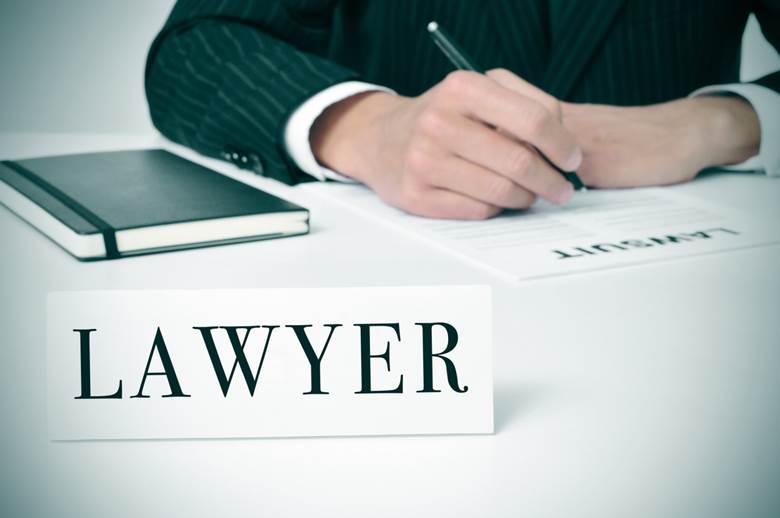If you or a loved one has recently been injured in a car accident or on someone else’s property, you’re probably looking for a personal injury lawyer. You need help in sorting out the ins and outs of your case and ensuring that you’re able to recover financially.
But fees are always a sticky subject. Lawyers’ fees can sometimes seem high when you’re trying to get back on your feet after an accident. Let’s take a closer look at how personal injury attorneys’ fees work, so you know you’re making the right choice when hiring one.
How much do personal injury lawyers charge? We will give you a breakdown of the fees that these lawyers charge below.
Personal Injury Lawyers and Their Fees
Personal injury attorneys work on a contingency basis, meaning they only receive a percentage of the settlement or jury verdict if they win your case. The contingency fee percentage can vary depending on the stage at which your case is settled and the lawyer’s level of experience. Personal injury cases that are fixed before filing a lawsuit have a lower contingency fee than cases that go to trial.
Most lawyers also advance all or most of the costs associated with litigating your case. Costs can include things like court filing fees, the cost of deposing witnesses, and expert witness fees. If your case is unsuccessful, you likely won’t be responsible for repaying your attorney for these costs.
Some attorneys may also require you to pay a retainer fee upfront, which covers the initial costs of handling your case.
Go to joneslawsc.com if you have personal concerns about lawyers
How They Calculate Their Fees
There are several different ways that personal injury lawyers calculate their fees. The most common fee arrangement is the contingency fee. This means that the lawyer will only get paid if he or she can recover money for the client through a settlement or jury verdict.
The lawyer will typically charge a percentage of the recovery, ranging from 25% to 40%. If the case is settled before filing a lawsuit, the lawyer will usually charge a lower percentage.
No Win, No Fee Arrangements
No win no fee arrangements are quite common in the personal injury lawyer industry. Under a no-win no-fee arrangement, the lawyer agrees to represent the client on a contingency basis. This means that the lawyer only gets paid if they win the case or settle it out of court.
Avoid Getting Overcharged
Some personal injury lawyers may try to take advantage of you if they sense you are inexperienced with the legal process. Be sure to ask plenty of questions and do your research so you understand exactly how your lawyer intends to overcharge you. If you have any concerns, don’t hesitate to bring them up.
You should feel comfortable with the fee arrangement before hiring a lawyer. Be sure to understand the risks before you sign any agreements.
Convinced how their fee works? Make sure to go to our blog post to learn more.
 Motorcycle Accident Wrongful Death Claims
Motorcycle Accident Wrongful Death Claims  Road Rash Treatment and Compensation After a Motorcycle Accident
Road Rash Treatment and Compensation After a Motorcycle Accident  Power Up Your Claim: Essential Tips for Truck Accident Victims
Power Up Your Claim: Essential Tips for Truck Accident Victims  Car Accident Medical Bills: Understanding Insurance Coverage
Car Accident Medical Bills: Understanding Insurance Coverage  Sexual Harassment: Your Legal Rights in the Workplace
Sexual Harassment: Your Legal Rights in the Workplace  Lawsuits Against Nursing Homes
Lawsuits Against Nursing Homes  Understanding Head-On Truck Accidents
Understanding Head-On Truck Accidents  When the Shine Turns to Scratches: Car Wash Damage Lawsuits Explained
When the Shine Turns to Scratches: Car Wash Damage Lawsuits Explained 

